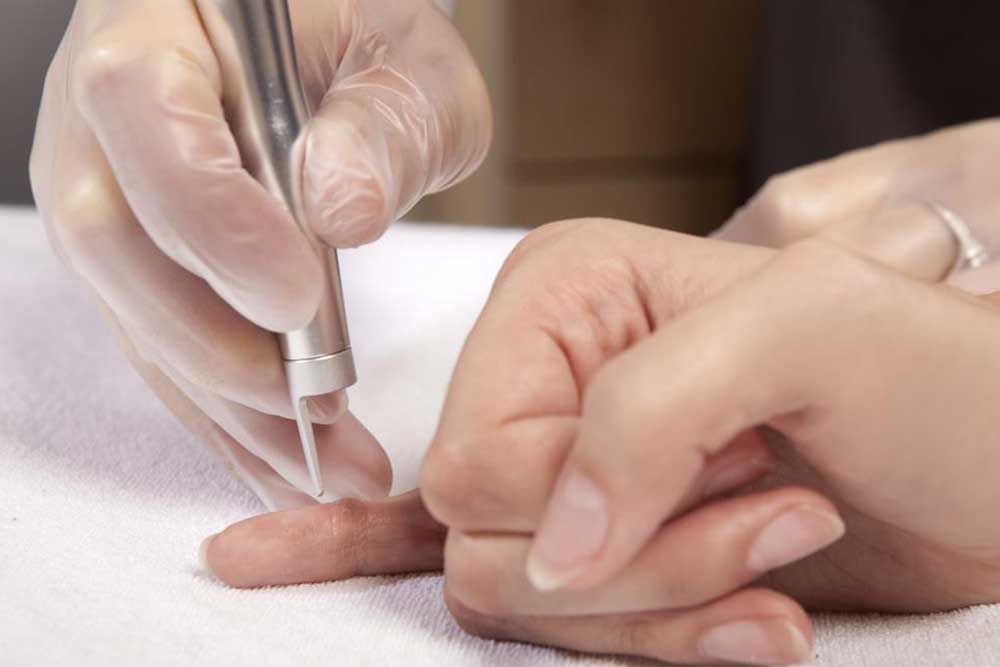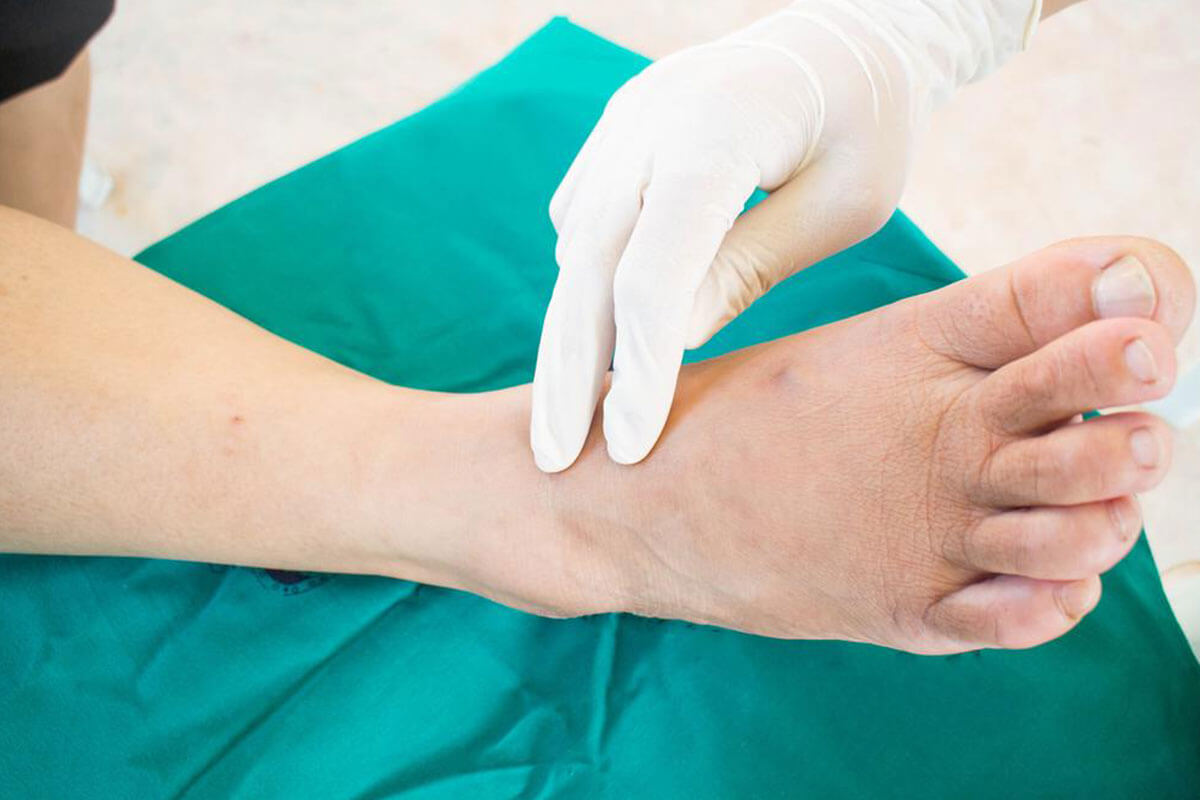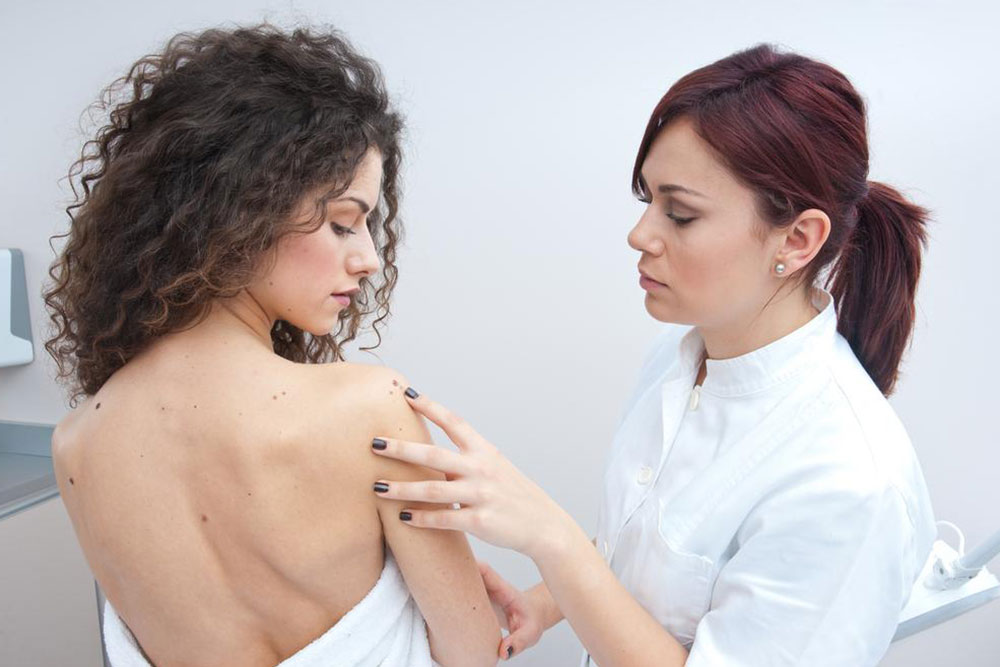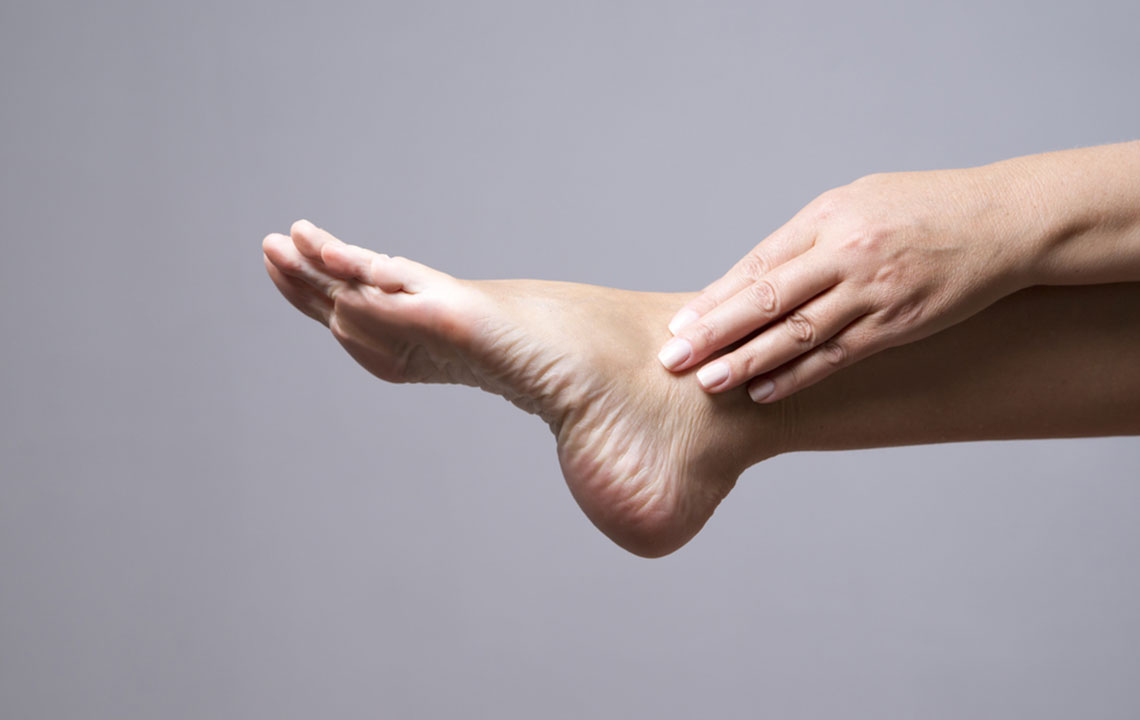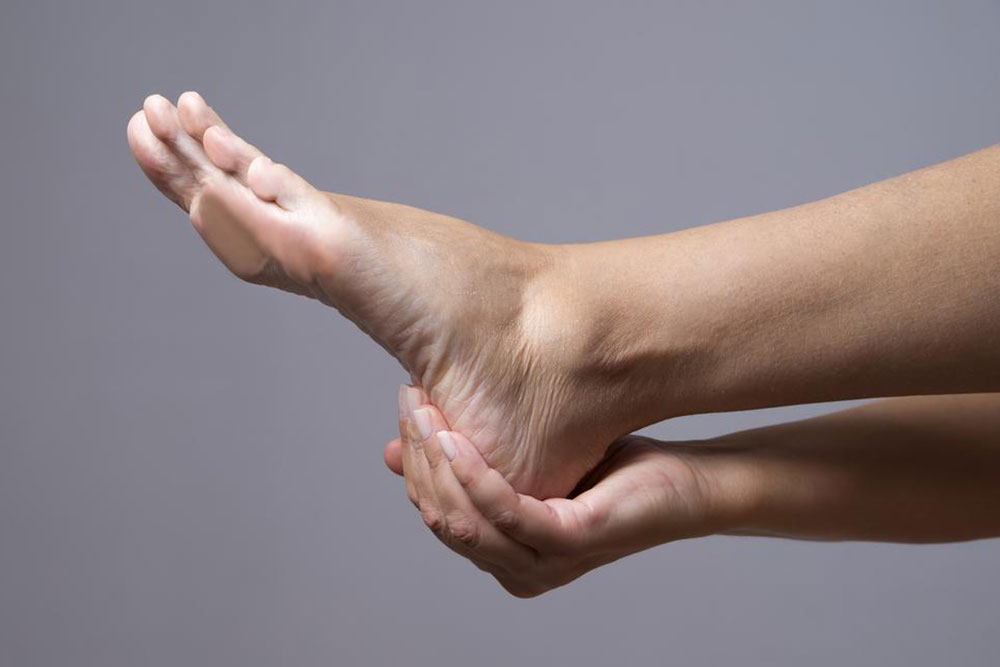Top Strategies for Treating Plantar Warts Effectively
Discover effective treatments for plantar warts, including cryotherapy and salicylic acid, along with practical tips for safe removal. Learn how proper care and medical procedures can help eliminate these common foot growths efficiently and painlessly.
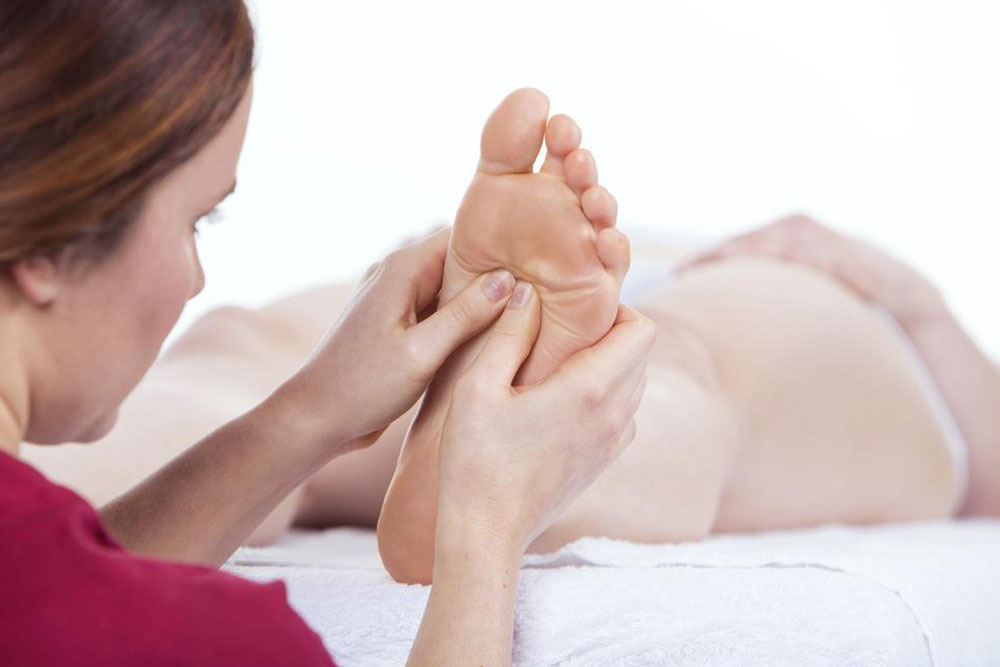
Top Strategies for Treating Plantar Warts Effectively
Plantar warts arise from a viral infection that infects the outer skin layers. These benign skin growths are harmless and can often be removed without specialized procedures. However, attempting to eliminate plantar warts without proper treatment can take years and may lead to discomfort. Regular foot hygiene and vigilant care can prevent their spread and reduce pain. With appropriate remedies and medical treatment, plantar warts can be effectively managed and removed, avoiding complications.
Home remedies can also aid in wart removal.
Here are two proven treatments for plantar warts:
Cryotherapy
This method involves the application of liquid nitrogen to freeze the wart. Usually performed by a healthcare professional, cryotherapy requires specialized equipment and should not be attempted at home. During treatment, the area is numbed, and the liquid nitrogen causes blistering around the wart. After about a week or ten days, the dead tissue falls off. Multiple sessions may be necessary for complete removal, and some studies suggest that cryotherapy also stimulates the immune response to prevent recurrence.
Salicylic Acid
This topical medication gradually removes the wart layers. It also boosts the immune system's ability to fight the viral infection, preventing further spread. Use of salicylic acid must be under a doctor's supervision, with periodic clinic visits for assessment. Combining medication with proper foot hygiene offers the best results in wart removal.
Genital warts, caused by certain HPV strains, require different management, including prescription drugs, surgical removal, or vaccination to prevent future infections.
Important Notice:
The information shared on our platform aims to educate and inform readers across various health topics. While our team strives for accuracy through thorough research, this content should not replace professional medical advice. We disclaim responsibility for discrepancies or inaccuracies, and readers should consult healthcare providers for personalized treatment plans and updates on the latest options.

